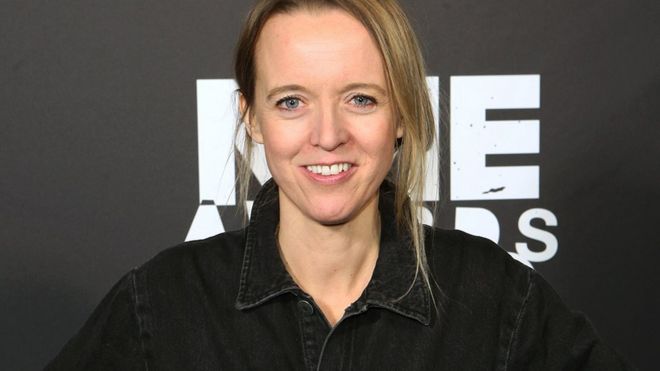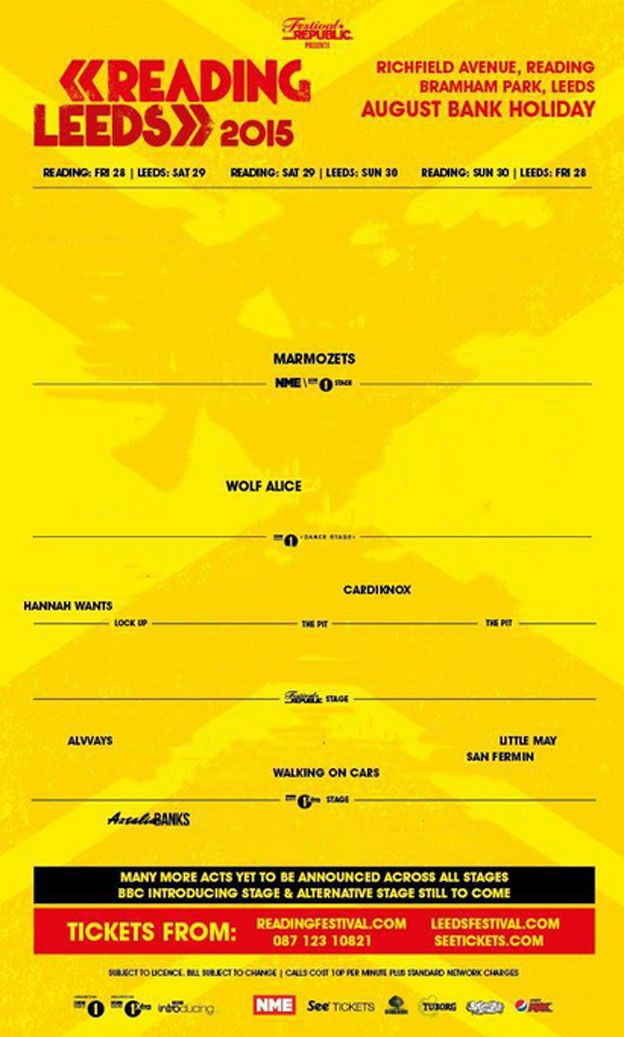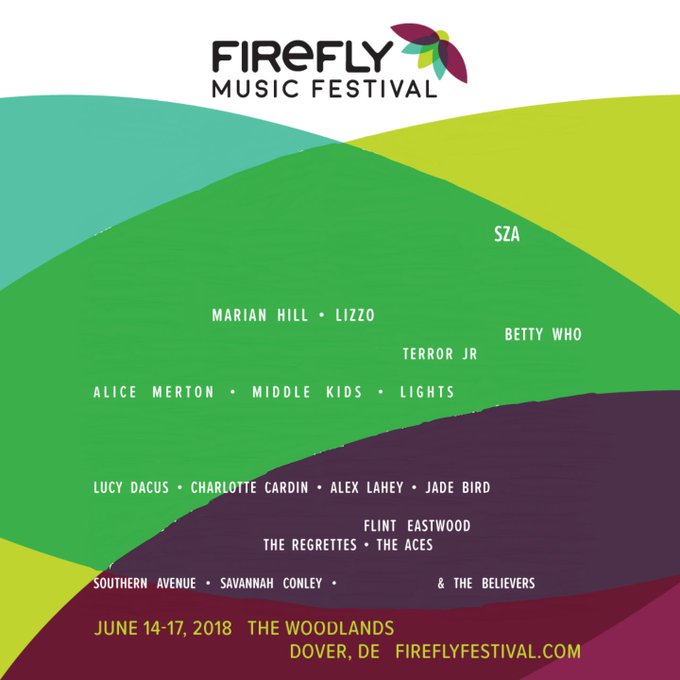Image: pitpony.photography
#ChooseToChallenge and take a stand against music industry inequality
February 17, 2020
There is always time to step up and stand up for gender equality - and it is not only women who can take a stand, but any gender can help spark change.
Matty Healy, lead singer of British pop rock band The 1975, has previously committed to taking a stand against inequality in the music industry by pledging that his band would not perform at festivals with a lack of female artists in the line-up.
Back in 2019, The 1975 headlined at UK-leading music festivals Reading and Leeds - yet the first music festival announcement saw only 20 events feature women out of the 91 artists.
"Take this as me signing this contract - I have agreed to some festivals already that may not adhere to this and I would never let fans down who already have tickets. But from now I will and believe this is how male artist can be true allies," tweeted Healy in his pledge for gender equality. "But from now I will, and believe this is how male artists can be true allies.”
“It’s all about action,” he said in a statement to the BBC. “When it comes to big sociopolitical issues and governments are involved, sometimes action or protest can just be ignored. But when it comes to the music industry, we can change that. It’s not a geopolitical nightmare: it’s the music industry, and it’s something that if everyone gets on board, we can fix.” The 1975 headlined at a show in Finsbury Park where subsequently six of the seven support acts were women.
Support from music leaders
Many industry leaders and artists praised Healy for his decision. In particular, Glastonbury organiser Emily Eavis commented that it was amazing that Matty Healy had spoken out to inspire change. As for Glastonbury itself: "Our future has to be 50/50," she told Radio 1's Newsbeat.

Inequality in music festival line-ups has been long flagged, for example back in 2015 by music blog Crack in the Road doctored festival posters for Reading and Leeds, Download and T in the Park by removing all the male artists. The result was of course a pretty empty-looking poster.

Since then, further similar protests have been made such as writer and promoter Lucy McCourt's posters for the 2020 festival season that visually highlighted the continued inequality in the industry.

Twitter account Book More Woman is also dedicated to producing similar edited posters.

Making important changes
Music festivals are starting to take more note of gender inequality by making much needed changes to their line-ups to better reflect the broad talent of female artists, their audiences and sponsors.
For example, some former festivals like Primavera festival, Latitude, and Liverpool Sound City have achieved a 50/50 gender split, or close to, in their artist line-up.
Further organizers are creating all-women festivals like GRLS! Festival in Brazil, that included superstar performers Kyle Minogue and Little Mix, and Femme It Forward's "Love Language" in Los Angeles. For International Women's Day back in 2020, the BBC 6 Music Festival in London hosted an all-women concert at the Roundhouse.
Meanwhile, industry leaders are making pledges like Matty Healy to help change the music landscape for the better. Back in 2018, 45 music festivals and conferences worldwide signed the PRS Foundation's Keychange initiative promising to reach a 50/50 gender split across their lineups by 2022.
Forging change requires collaboration from industry leaders, artists, fans and sponsors.
As Matty Healy said: it is time to "act and not chat" as he called upon fellow male artists to follow suit. "... and it’s something that if everyone gets on board, we can fix."
Matty Healy - thank you!
More Women Creatives mission articles